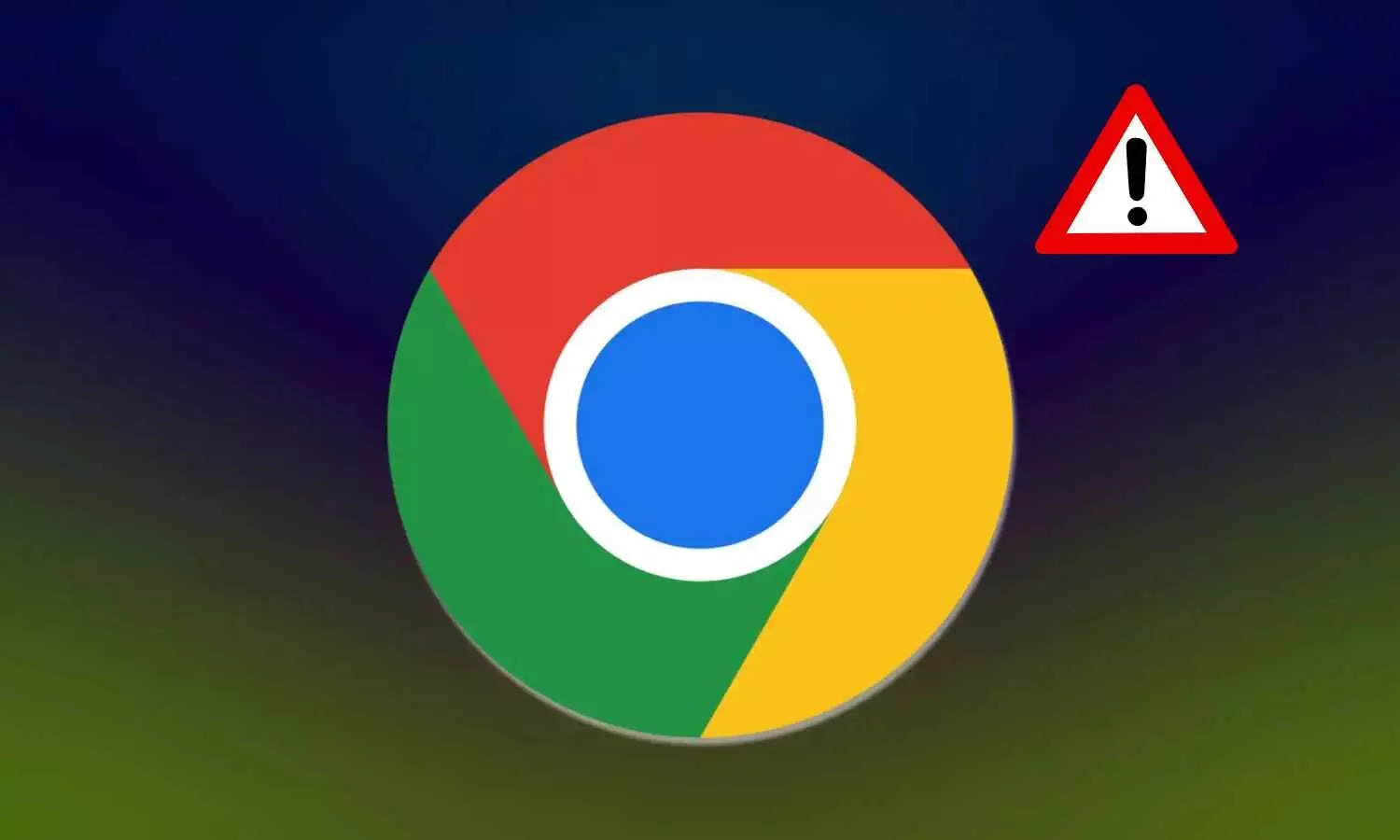Google Chrome Alert: Update Browser Before It’s Too Late
Hackers exploiting Chrome V8 engine flaw. Google urges all desktop users to update immediately and verify browser security.
image for illustrative purpose

Google has delivered a vital security update for the Chrome browser after the identification of a significant vulnerability that is being misused at present. The tech giant calls for all desktop users to update the browser without delay, cautioning that the defect exposed more than two billion gadgets to the risk of being hacked. The new version is currently prepared for Windows, macOS, and Linux, and it is recommended that organizations check the deployment straight away.
The flaw, designated as CVE-2025-13223, is a zero-day defect that has an impact on Chrome’s V8 JavaScript engine. Google states that the problem is sourced from a type confusion bug which can result in the browser getting memory management wrong while dealing with specially formatted web content. This flaw's exploitation may give unauthorized users the opportunity to execute harmful code or bring down the browser completely.
Google will not be disclosing full technical information until the majority of users have done the update; this is done to minimize the probability of attacks. Security specialists are warning that the exposure of the exploit to the public might enable the hackers to concentrate their efforts on the unpatched platforms.
The users who depend on the stable Chrome version are left vulnerable until they take up the update. The warning is also applicable to the third-party browsers that are based on Chromium such as Edge, Opera, and Brave that might be at the same risk till their developers come up with respective patches. This matter is particularly important in India, where Chrome has a major share in personal, office, and educational systems.
How Users Can Protect Themselves
Update Chrome: Go to Menu > Help > About Google Chrome and download the latest version.
Restart the browser: The security update takes effect only after the browser is restarted.
Enable automatic updates: Restarting after auto-updates ensures the patch is applied even if it was not performed manually.
Check the version: Make sure the browser is displaying the latest stable build.
Update other Chromium browsers: Make sure to check the updates in Opera, Edge, Brave, and other similar browsers.
Exercise caution online: Do not visit dubious sites and do not click on unknown links until the patch is verified.
Refresh security tools: Get the latest version of antivirus and anti-malware software.
Clear browsing data: If the previous behavior of the browser seemed strange, then remove cookies and cached files.
Restart devices: After the update, reboot the system to make sure that all processes load correctly.
Until the patch is completely out, experts recommend staying clear of unfamiliar sites and links. Users of browsers based on Chromium should give updates the top priority to avoid being caught in the middle of ongoing online attacks.

